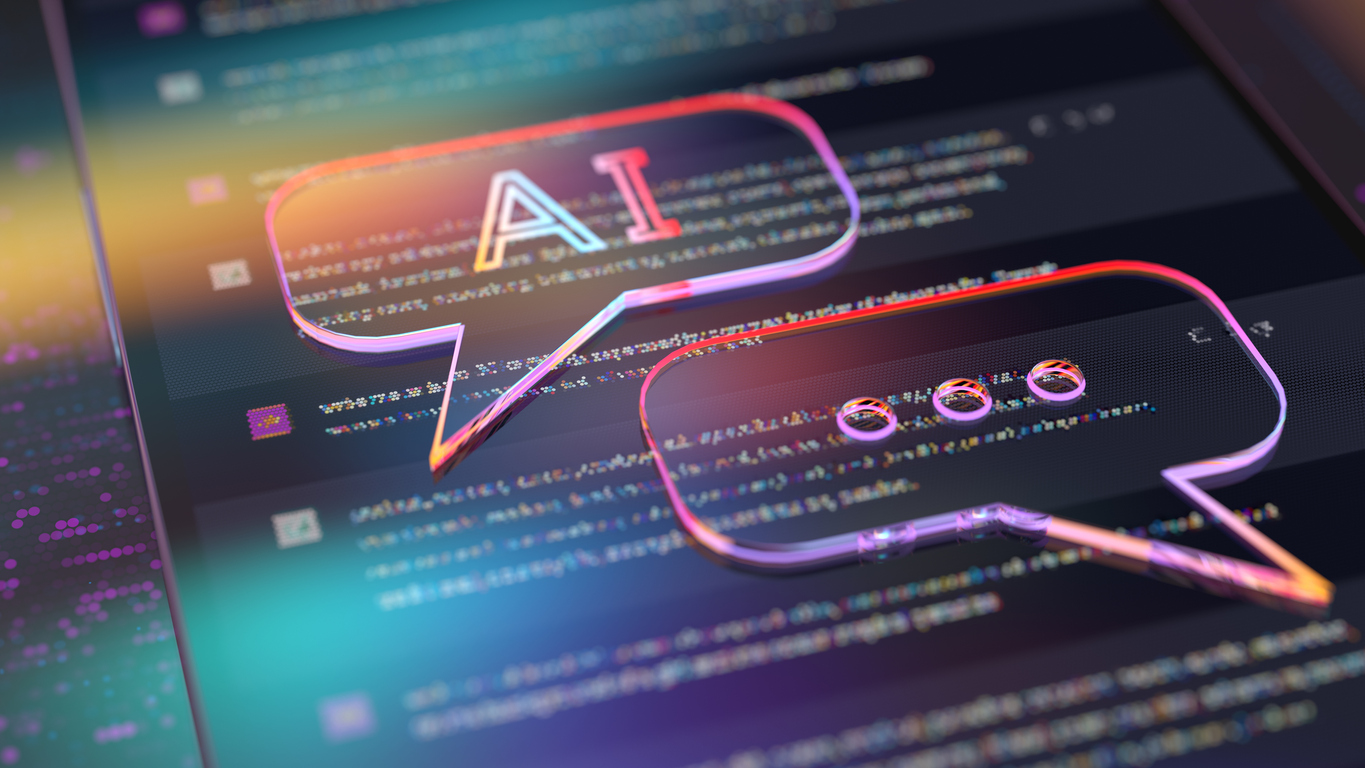Can an AI Chatbot Revolutionize Insulin Dosing?
By April Hopcroft
 Artificial intelligence continues to make strides in diabetes care. The latest research shows that the AI app Alexa can help people with type 2 diabetes start on long-acting insulin.
Artificial intelligence continues to make strides in diabetes care. The latest research shows that the AI app Alexa can help people with type 2 diabetes start on long-acting insulin.
Artificial intelligence has improved tremendously in the course of a few years and has demonstrated many applications in diabetes care, from virtual assistants for appointment scheduling to automated insulin delivery (AID) to the detection of diabetic retinopathy.
Now, research suggests that a customized AI chatbot may provide insulin dosing optimization for people with type 2 diabetes, helping them better manage.
Starting basal insulin can be challenging as those with diabetes may need to visit a health care provider for insulin dose adjustments every 3-6 months. As a result, many people who need insulin to manage their diabetes do not receive the correct dose and do not achieve glycemic control. In fact, data from the CDC shows that almost 50% of U.S. adults with diabetes had an A1C of 7% or higher in 2021.
How did the study work?
Researchers from Stanford University investigated whether a voice-based AI chatbot could help people with type 2 diabetes start basal insulin therapy and adjust doses.
The 32 study participants were randomly assigned to receive standard of care or voice-based AI. In the standard of care group, participants’ basal insulin dose was adjusted by their healthcare provider. In the AI group, participants received an Amazon Alexa smart speaker that was pre-programmed with a custom voice-based AI software for insulin dosing. The researchers used the smart speaker, rather than a smartphone app, to make the chatbot more accessible, especially for older patients.
The study focused on time to optimal insulin dose, which was defined as the number of days it took the participants to reach their target 3-day average fasting blood glucose.
What were the results?
Participants who received AI-based care were able to optimize insulin doses faster, take insulin more consistently, and ultimately had better glycemic control. These participants also experienced a reduction in diabetes distress.
Here are some of the key findings from the study:
-
Participants in the AI-care group achieved optimal insulin doses at just 15 days, whereas those receiving usual care achieved ideal insulin doses at nearly two months.
-
Roughly 81% of participants using the AI chatbot achieved glycemic control (measured by fasting blood glucose levels), compared to 25% of those in the standard care group.
-
There was a significant decrease in diabetes distress among those using the AI chatbot compared to the standard care group.
-
In terms of safety, both groups experienced a similar number of non-severe hypoglycemia episodes (low blood sugar levels). The AI chatbot addressed hypoglycemia by reducing insulin doses. Overall, there were no episodes of severe hypoglycemia or hyperglycemia (high blood sugar levels) in either group.
What are the limitations of this study?
The researchers described several limitations of this investigation. For instance, most of the blood sugar data was self-reported by participants, rather than collected by continuous glucose monitors (CGMs) or health care providers.
The trial was short, lasting just two months, and only included 32 adults with type 2 diabetes. Because the study was so short, glycemic control was measured through fasting blood glucose levels, instead of A1C.
Additionally, this study only investigated one AI chatbot and did not compare it to other virtual assistants. More research will be needed to confirm the findings in a larger, more diverse patient population.
Note: This is a report of a study conducted on 32 people. diaTribe does not recommend utilizing Alexa or any AI tool to advise on insulin dosing.
The future of AI chatbots in diabetes care
According to the researchers, this study was the first example of an AI chatbot adjusting medication dosages based on an algorithm approved by a health care provider.
The results suggest that AI virtual assistants can benefit people with diabetes who are starting insulin therapy and need dose optimization. Beyond improving insulin doses, the chatbot also led to positive health outcomes like better blood glucose levels and reduced diabetes distress.
While this study focused on a small group of people with type 2 diabetes, previous research has shown the benefits of AI-based insulin dosing in type 1 diabetes, too. Research has found that DreaMed’s Advisor Pro helped youth with type 1 diabetes optimize their insulin pump settings, with the AI program producing similar results to insulin titration delivered by health care professionals.
The bottom line
Beyond insulin dosing, there are many ways in which AI could help people better manage diabetes. The ability of AI to identify patterns and provide recommendations based on personal health data has the potential to improve several different health outcomes.
For instance, wearable devices or fitness trackers could track sleep, food intake, nutrition, and other factors to provide more accurate and individualized suggestions for managing blood glucose levels.
Additionally, AI could be used for patient education, personal risk assessments, and early detection of complications, such as kidney disease. AI has also shown the potential to help people achieve diabetes remission.
Combining AI chatbots with the newest therapies and technologies – such as GLP-1 receptor agonists and CGMs – could lead to dramatic improvements for people with diabetes. With companies developing more advanced AI every day, it’s no surprise AI has become a regular part of diabetes care.
Learn more about AI and diabetes care:







